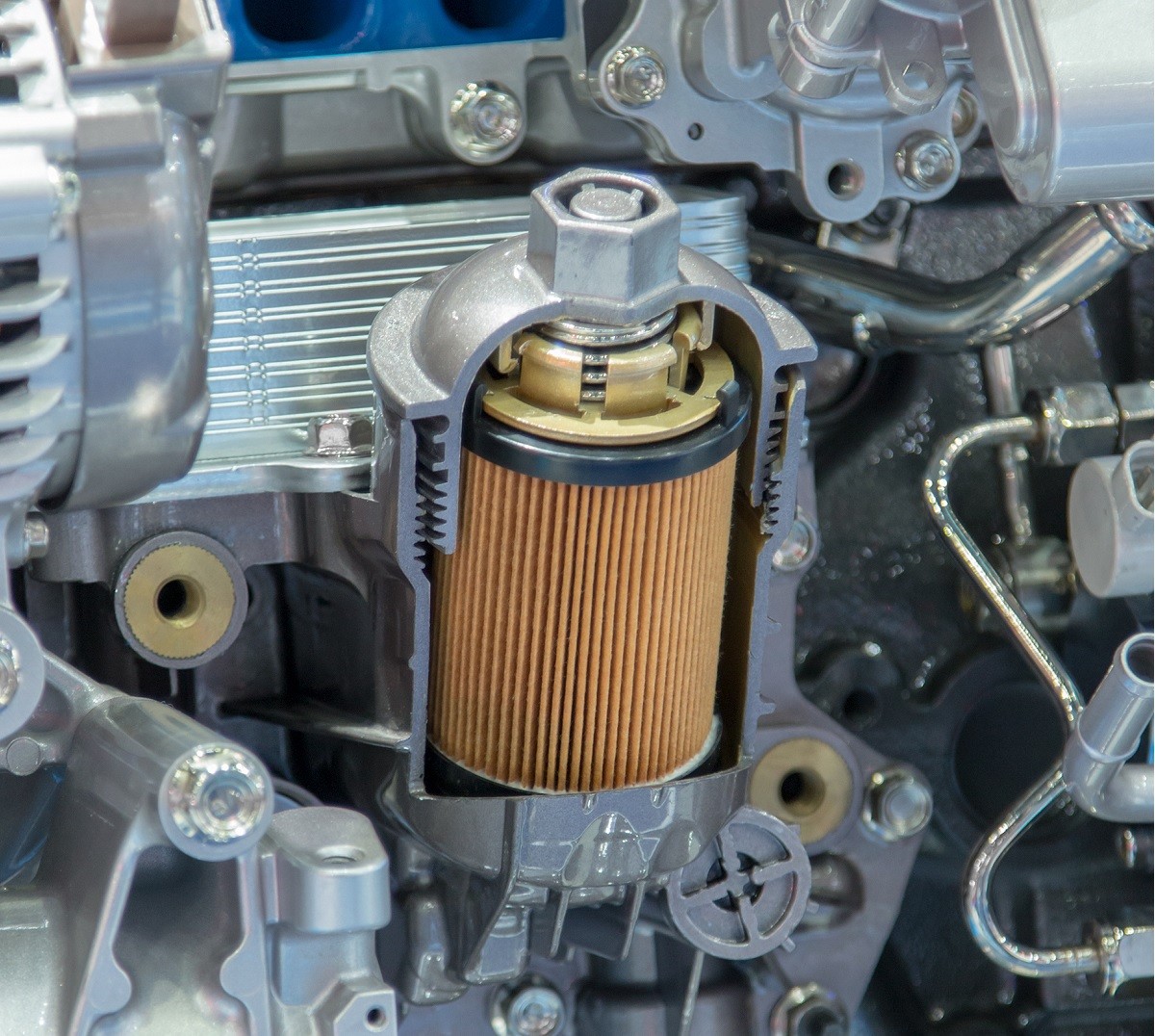How an oil filter works?
- Posted 5 years ago
- 1015 Views
Modern
engine can be subjected to a variety of loads and stresses during everyday use.
Oil filter plays a central role in protecting an engine. It ensures optimum oil
supply during cold starts with frequent re-starts, when travelling short
distances and at high speed on motorway.
The entire
purpose of a car's engine is to convert fuel into energy, and that energy moves
your car. This process requires a lot of moving pieces, all of which are
lubricated by motor oil. This increases efficiency and reduces wear, giving you
a more productive engine with a longer lifespan. To help out this lubrication
process, your engine needs an oil filter.
Most current oil filter designs come in
canister or cartridge types, several variations in size, filter media,
dirt-holding capacities and flow arrangements are available. For this reason,
it is important that filters and filtration systems should be selected to meet
the needs of the application and with cost, performance, ease of use and environmental
conditions in mind. For best
filtration choose Zenith Auto
Industries(P) Ltd. a leading exporter and OIL FILTER manufacturer company in
INDIA since 1975.
The oil filter
works to remove contaminants from engine oil, extending the life of the engine
and maintaining high oil quality, which naturally degrades over time. The oil
pump sends used oil through a filter element, removing the particles and
allowing the oil to pass through. The freshly strained oil is then taken back
up to the engine for lubrication.
Oil filters today also
come with a bypass valve as a backup in case of a clog. The base plate has one
large hole in the middle and several smaller ones surrounding it.
Oil is forced through the
outside holes through the filter, and the engine picks it back up through the
main chamber. The bypass valve exists on the boundary between used and filtered
oil and opens when the pressure rises enough to indicate a problem with flow.
These are the main components, but manufacturers deploy them differently to be
more effective or sometimes to cut costs.



